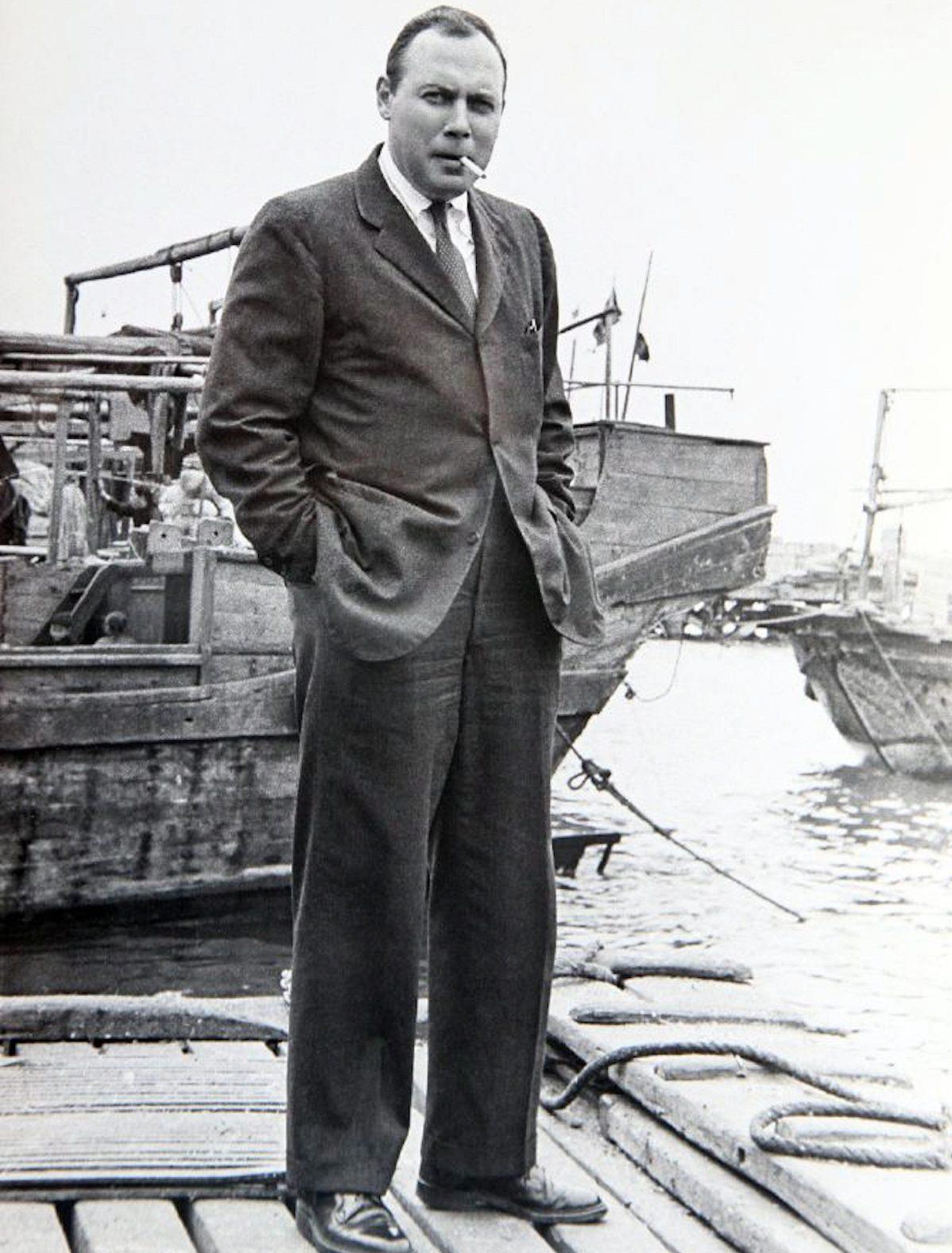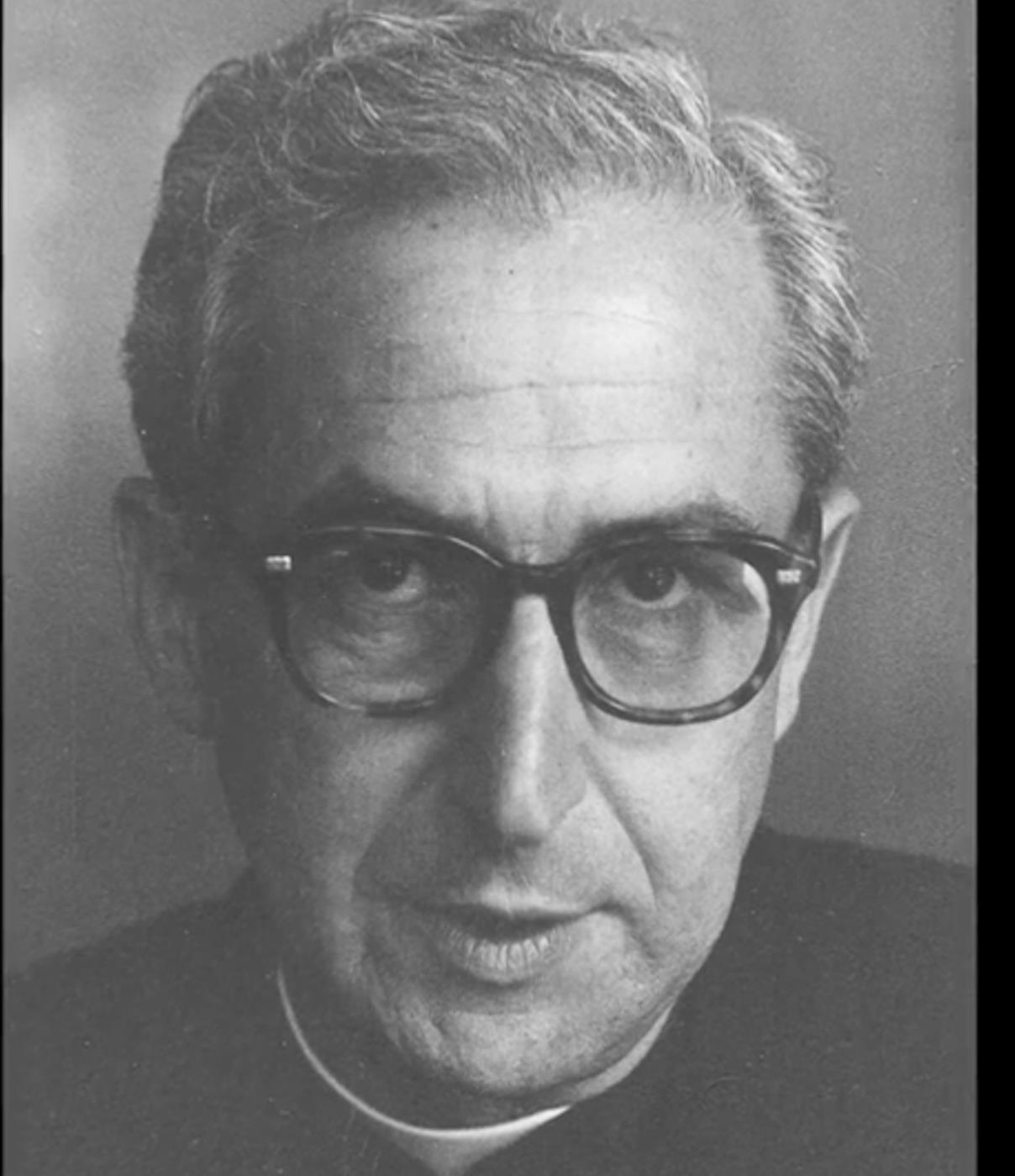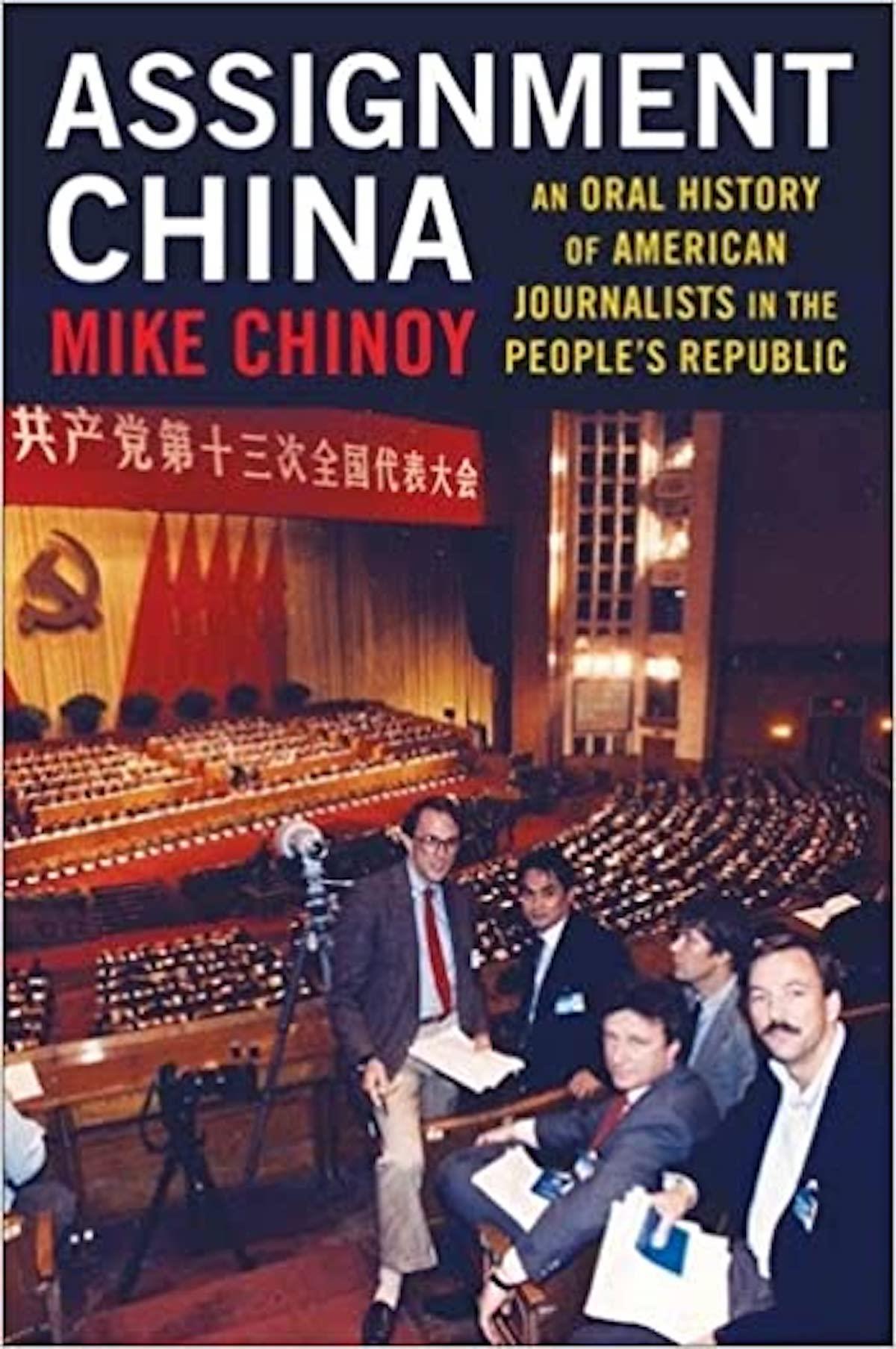(MENAFN- Asia Times) Reporting on China has long been one of the most challenging and crucial of journalistic assignments.
Former CNN Beijing bureau chief Chief Mike Chinoy's new book, assignment china: an oral history of american journalists in the people's republic , tells the story of how American journalists have covered China – from the civil war of the 1940s to the present-day – in their own words.
Chinoy has assembled a remarkable collection of personal accounts from eminent journalists who recount the challenges of covering a complex and secretive society and offer insight into eight decades of tumultuous political, economic, and social change.
The book excerpt that Asia Times is republishing today with the author's kind permission recalls the work of the“China watchers” who, frozen out of the mainland in the 1950s and 60s, were forced to cover China from the then-British colony of Hong Kong. More than a few of them sardonically referred to their daily reporting and research work – similar to the Kremlinology of the same period – as“tea leaf reading.”
In the wake of China's expulsion of nearly two dozen US correspondents at the start of the Covid epidemic and growing tension in Sino-American relations, there are fewer American reporters based in the country now than at any time in decades. Mike Chinoy's account of the Hong Kong China watchers' experience thus has special relevance for readers today. – Editors
For American correspondents in the 1950s and early 1960s, Hong Kong was as close as was possible to get to the People's Republic. Below, several of them explain what that meant.
Bernard Kalb covered Asia from 1956 to 1970.
Bernard Kalb, New York Times, CBS News Stanley Karnow, who had served in the US army in the mountains between India and China during the Second World War, was based in Hong Kong for the Washington Post.

Stanley Karnow of the Washington Post, pictured in Hong Kong back in the day. Photo: author provided Stanley Karnow, Time In the 1960s, Richard Solomon was a young China scholar. He eventually became assistant secretary of state for East Asian and Pacific affairs during the George H W Bush administration.
Richard Solomon, State Department Robert Elegant had started with Newsweek and eventually moved to the Los Angeles Times.
Robert Elegant, Newsweek, Los Angeles Times Barred from the country they were covering, the China watchers looked for other sources of information.
Henry Bradsher, who had previously been based in Moscow and New Delhi for the Associated Press, arrived in Hong Kong for the now-defunct Washington Star.
Henry Bradsher, Washington Star Robert Elegant, Newsweek, Los Angeles Times Robert Keatley, who had previously worked as a Wall Street Journal correspondent in San Francisco, New York, and London, was assigned to Hong Kong in 1964.
Robert Keatley, Wall Street Journal John Roderick had been an Associated Press correspondent in China in the late 1940s. When the Communist victory forced him, along with other American journalists, to leave the country, he joined the ranks of the China-Watchers.
John Roderick, Associated Press Many of the reporters came to rely on Father Laszlo Ladány, a tall, bespectacled Jesuit priest from Hungary who had lived in Beijing and Shanghai from 1936 to 1949, and then moved to Hong Kong. The China News Analysis, which Ladány published from 1953 to 1982, became a crucial resource.

Father Laszlo Ladány. Photo: author provided
Ladány's great skill was his uncanny ability to look beyond what the official Chinese press – national and provincial newspapers and radio stations – was saying and decipher what they actually meant.
Robert Elegant, Newsweek, Los Angeles Times Another key source was the continuing flow of refugees from China, mostly from Guangdong or other southern provinces. Ted Koppel was ABC's Hong Kong correspondent in the late 1960s.
Ted Koppel, ABC News The daily routine for reporters was like trying to assemble pieces of a jigsaw puzzle. Jerrold Schecter arrived in Hong Kong in 1960 for Time.
Jerrold Schecter, Time There were often sharp differences of opinion among the journalists and the diplomats about what was happening.
Richard Solomon, State Department

Jacket image: Columbia University Press. Stanley Karnow, Washington Post Thrown together, the correspondents, diplomats and spooks lived and breathed China.
Robert Elegant, Newsweek, Los Angeles Times Stanley Karnow, Washington Post Mike Chinoy is a non-resident senior fellow of the US-China Institute at the University of Southern California. He spent 24 years as a foreign correspondent for CNN, serving as the network's first Beijing bureau chief and as senior Asia correspondent.
Before joining CNN, Chinoy worked for CBS News and NBC News. He won Emmy, Dupont and Peabody awards for his coverage of China. assignment china , his fifth book, will be published next month and is available now for pre-0rder.